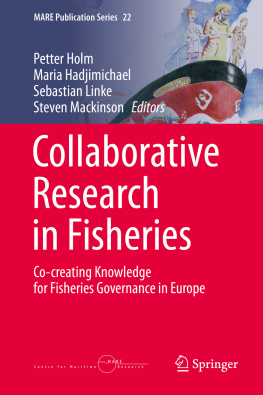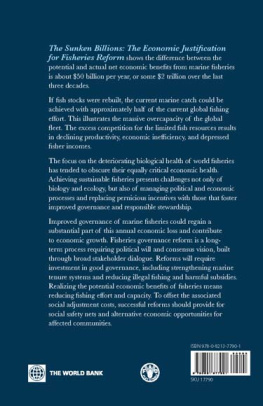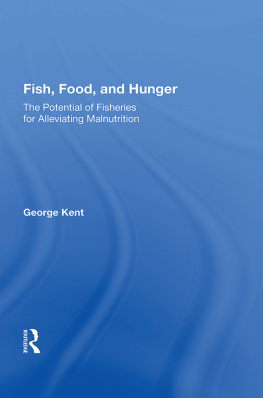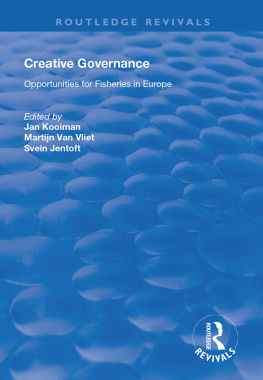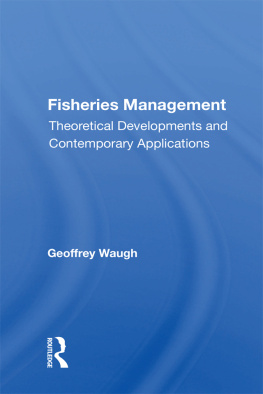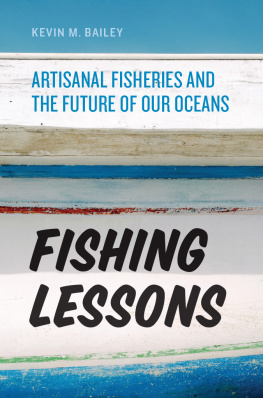Petter Holm - Collaborative Research in Fisheries: Co-creating Knowledge for Fisheries Governance in Europe
Here you can read online Petter Holm - Collaborative Research in Fisheries: Co-creating Knowledge for Fisheries Governance in Europe full text of the book (entire story) in english for free. Download pdf and epub, get meaning, cover and reviews about this ebook. year: 2020, publisher: Springer Nature, genre: Politics. Description of the work, (preface) as well as reviews are available. Best literature library LitArk.com created for fans of good reading and offers a wide selection of genres:
Romance novel
Science fiction
Adventure
Detective
Science
History
Home and family
Prose
Art
Politics
Computer
Non-fiction
Religion
Business
Children
Humor
Choose a favorite category and find really read worthwhile books. Enjoy immersion in the world of imagination, feel the emotions of the characters or learn something new for yourself, make an fascinating discovery.
- Book:Collaborative Research in Fisheries: Co-creating Knowledge for Fisheries Governance in Europe
- Author:
- Publisher:Springer Nature
- Genre:
- Year:2020
- Rating:3 / 5
- Favourites:Add to favourites
- Your mark:
- 60
- 1
- 2
- 3
- 4
- 5
Collaborative Research in Fisheries: Co-creating Knowledge for Fisheries Governance in Europe: summary, description and annotation
We offer to read an annotation, description, summary or preface (depends on what the author of the book "Collaborative Research in Fisheries: Co-creating Knowledge for Fisheries Governance in Europe" wrote himself). If you haven't found the necessary information about the book — write in the comments, we will try to find it.
Petter Holm: author's other books
Who wrote Collaborative Research in Fisheries: Co-creating Knowledge for Fisheries Governance in Europe? Find out the surname, the name of the author of the book and a list of all author's works by series.
Collaborative Research in Fisheries: Co-creating Knowledge for Fisheries Governance in Europe — read online for free the complete book (whole text) full work
Below is the text of the book, divided by pages. System saving the place of the last page read, allows you to conveniently read the book "Collaborative Research in Fisheries: Co-creating Knowledge for Fisheries Governance in Europe" online for free, without having to search again every time where you left off. Put a bookmark, and you can go to the page where you finished reading at any time.
Font size:
Interval:
Bookmark:
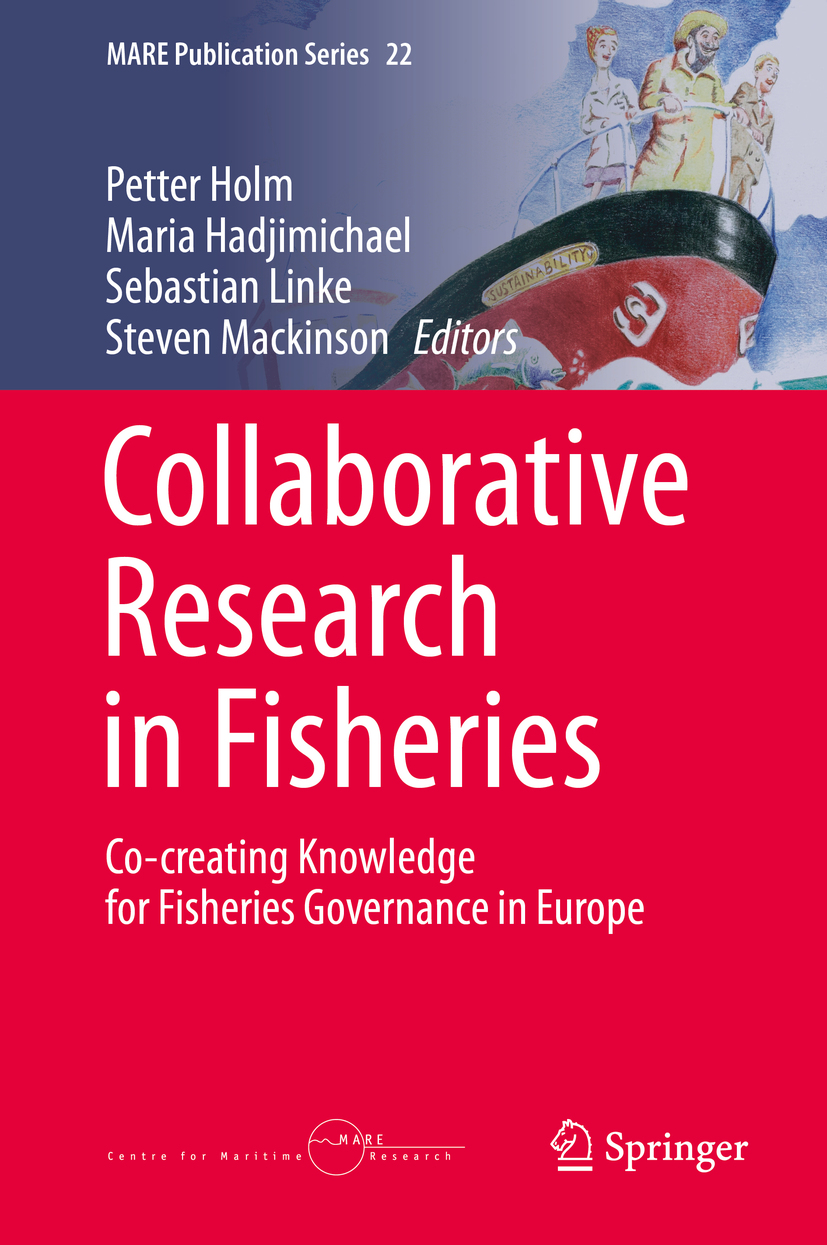
The MARE Publication Series is an initiative of the Centre for Maritime Research (MARE). MARE is an interdisciplinary social-science network devoted to studying the use and management of marine resources. It is based jointly at the University of Amsterdam and Wageningen University ( www.marecentre.nl ).
The MARE Publication Series addresses topics of contemporary relevance in the wide field of people and the sea. It has a global scope and includes contributions from a wide range of social science disciplines as well as from applied sciences. Topics range from fisheries, to integrated management, coastal tourism, and environmental conservation. The series was previously hosted by Amsterdam University Press and joined Springer in 2011.
The MARE Publication Series is complemented by the Journal of Maritime Studies (MAST) and the biennial People and the Sea Conferences in Amsterdam.
More information about this series at http://www.springer.com/series/10413

Cover illustration: All aboard Fishermen, Scientists and Managers working together for sustainable fisheries. Copyright: GAP2 project
This Springer imprint is published by the registered company Springer Nature Switzerland AG.
The registered company address is: Gewerbestrasse 11, 6330 Cham, Switzerland

We dedicate this book to our late colleague and friend, Doug Wilson, a leading voice in the social science of European fisheries governance and enthusiastic proponent of collaboration and inclusivity. Doug was one of the catalysts and creators of the GAP programme and crafted the investigations to delve into understanding the conditions that determine the success of participatory research. Dougs thinking has influenced all the authors and work described in this book, but you will find his voice most strongly in Chaps. 2 and 17 where he worked closely with his long-time friends.
This book completes more than 10 years of research on the role and value of stakeholder-driven science in support of effective fisheries governance. The aim of the book is to demonstrate how stakeholder knowledge can be complementary to scientific knowledge. New research practices and advice frameworks are being developed in support of the ongoing transition in fisheries governance focusing on co-creation processes and establishing a common knowledge base for fisheries management in Europe.
The European experiences can be inspirational and provide insight to how stakeholder-driven science can be implemented across the globe. In Canada, the USA and Australia, participatory research is already on the move; these countries are also searching for better ways to set up co-creation processes to integrate stakeholder-driven science into the advice process and subsequent policy-making.
This book has grown from the EU-funded FP7 research project Bridging the Gap Between Science and Stakeholders (GAP) and provides experiences on collaborative research by presenting the findings from 14 fisher-scientist partnerships across 12 European countries. The research has been conducted by interdisciplinary teams each composed of social and natural scientists working closely together. These researchers and fishers had to cross disciplinary boundaries and developed a common language to communicate and share their deep and thorough understanding to improve fisheries management in the specific settings.
The genesis of the research idea goes way back and was inspired by the ICES Fishery Systems Working Group and an increasing acknowledgement in the fisheries science community to strengthen collaboration between scientists and stakeholders in the production of knowledge to support fisheries management decision-making. I have had the pleasure to observe the development of the GAP research project in its formulation and later to be involved as co-supervisor for one of the PhD students associated with GAP. I am very impressed by the depth of the case studies and the way they present existing knowledge gaps. The case studies demonstrate great variety in types of co-creation processes and approaches to fill the gaps in understanding and applying different types of knowledge.
The underlying theme in most chaptersif not allis the emergence of a new type of scientifically literate fisher. It would be naive to ignore that this fisher is also a political actor. Through the co-creation process, the fisher forms new alliances and enters new networks enabling him/her to influence the management discourse to pursue his/her own interest. Thus, the cases indirectly indicate a need for a knowledge broker, who on the one hand has the scientific depth and on the other hand understands the practicalities of fisheries and has the respect of the fishers. The way forward is neither to make a fisher into a scientist nor to make a scientist into a fisher, and it is impossible to clone the two breeds. The recipe to create a knowledge broker institution has not yet been found, but an interesting spinoff of the GAP project might show the way forward. Two highly respected scientistsfrom national research institutes, both instrumental in the formulation of the GAP project and heavily involved in science-stakeholders collaborationhave changed positions and career patterns by taking positions as chief scientific advisors for, respectively, Dutch and Scottish pelagic fisheries associations and in that capacity have undertaken a knowledge broker role.
Font size:
Interval:
Bookmark:
Similar books «Collaborative Research in Fisheries: Co-creating Knowledge for Fisheries Governance in Europe»
Look at similar books to Collaborative Research in Fisheries: Co-creating Knowledge for Fisheries Governance in Europe. We have selected literature similar in name and meaning in the hope of providing readers with more options to find new, interesting, not yet read works.
Discussion, reviews of the book Collaborative Research in Fisheries: Co-creating Knowledge for Fisheries Governance in Europe and just readers' own opinions. Leave your comments, write what you think about the work, its meaning or the main characters. Specify what exactly you liked and what you didn't like, and why you think so.

